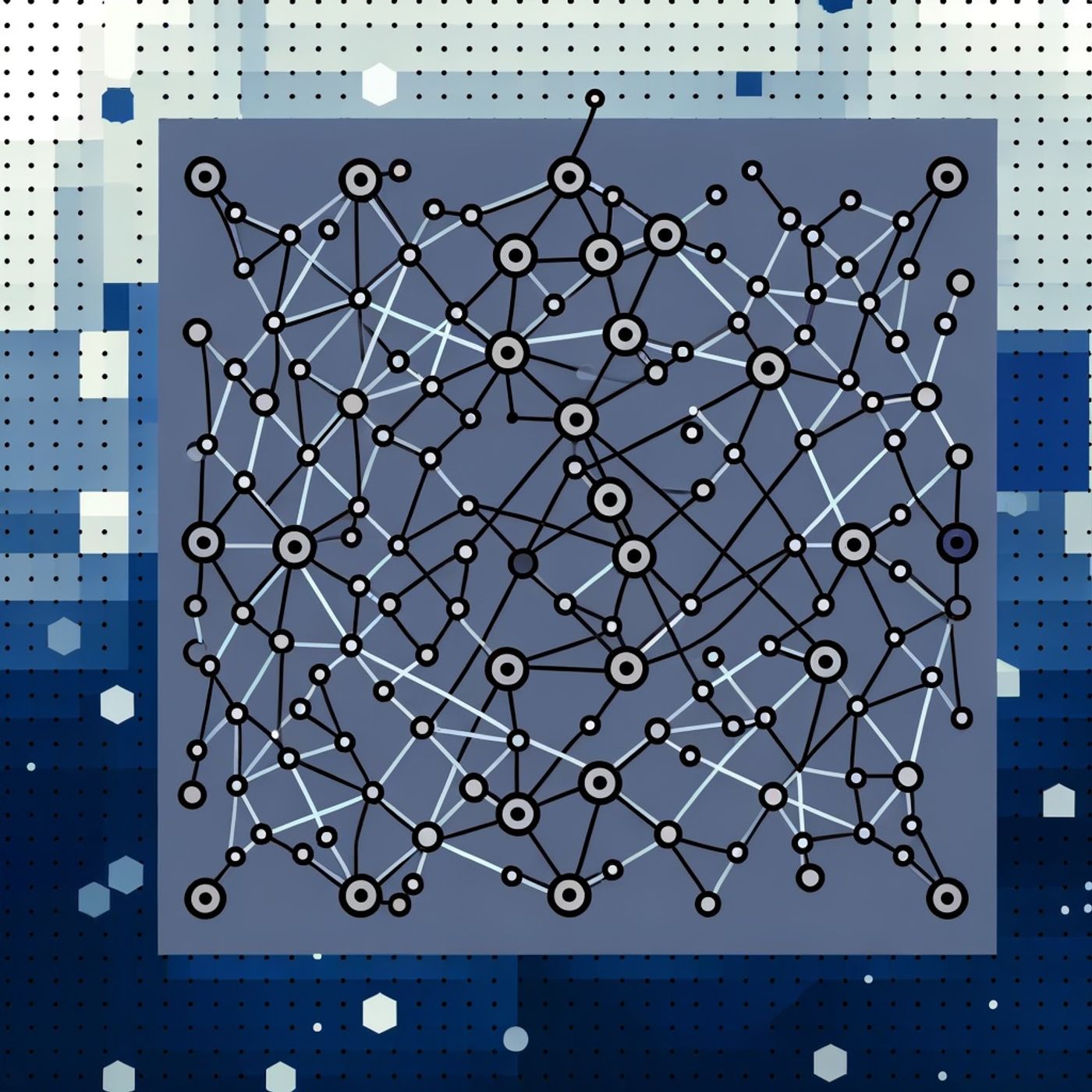Listen "Algorithmic Life Unveiled: How AI Quietly Shapes Your Choices, Privacy, and Digital Experience in the Modern World"
Episode Synopsis
The algorithmic life is no longer a distant, speculative future—it is the present reality listeners navigate every day. Invisible codes shape what listeners see, decide, and even desire, knitting patterns into the fabric of daily experience. Whether it’s the music that speaks to their mood, the headlines that catch their eye, or the posts that drift across their feed, algorithms stand quietly at the helm, steering habits, emotions, and choices in ways both subtle and profound.The phrase ‘algorithmic life’ has exploded recently, echoing across everything from legal podcasts to newsrooms and even within the private musings of social media users longing for serendipity over scripted predictability. Technology commentator Urom Martin summed up this tension neatly in his podcast, describing the uncanny sense that ‘machines are pulling your strings.’ This feeling is everywhere: the algorithmic order that chooses which old friend’s baby photos you’ll see before breakfast or the restaurant suggestion nudging you toward tonight’s dinner. For some, this is convenience elevated to art; for others, it’s a source of low-level existential anxiety, a sense that authentic choices are being replaced by mathematical anticipation of your next click.The legal and ethical dimensions of the algorithmic life are gaining urgent attention. Lawfare Media reported only yesterday that legal experts are calling for recognition of 'algorithmic foreign influence' as a discrete legal challenge in the digital age. These experts argue that sovereignty—once a matter of borders—is being redefined by the opaque logic of global algorithms that can determine what voters know about elections or even how national histories are shaped online. While there is no AI invasion in the traditional sense, the effect on collective self-determination can be profound. The question is not whether AI intends to interfere with democracy, but whether civic spaces can still be governed when they are quietly, but powerfully, shaped by foreign-made, privately controlled systems. Waiting for obvious state-driven intent misses the cumulative, ambient power of code over culture.Recent research in medicine and law echoes these concerns, but also points to hope. A new study in JAMA, discussed on the 2030 Vision podcast, reveals that algorithms like GPT-4 can now outperform human doctors in diagnostic accuracy, especially when used as a support tool. Bridget McCormack and Jen Leonard, who broke down the findings, describe how algorithmic assistance boosts both efficiency and creativity, reducing the burden on experts and highlighting areas where humans retain an edge—empathy, nuanced judgment, and strategy. But resistance remains high. Many professionals still trust their instincts over AI, even when the evidence supports the machine. The challenge is not only technical, but deeply cultural: listeners are being asked to relinquish cherished parts of their expertise to faceless code, even as the system proves its worth.Industry doesn’t stand still. According to Instagram’s tech community, Google's ranking algorithm in 2025 is now so sophisticated that only the most relevant, fast, and user-friendly websites will shine. This shift has forced content creators and businesses to think deeply about the values they encode in their digital presence, as every update to the algorithm can turn yesterday’s winning formula to dust in a heartbeat.Still, there is a yearning for what algorithms cannot capture. On Threads, a recent viral post read, ‘Dear Algorithm, please take me back to the soft life side of Threads,’ expressing the longing for unmediated experience, unexplained joy, and digital wandering without a preset path. Another voice on Instagram reflected while traveling in Raja Ampat, noting that some human encounters, beauty, and generosity lie forever beyond what algorithms can recreate.As the boundaries between algorithm and autonomy blur further, listeners are left to wonder: does the code liberate, or does it quietly constrain? The answer will depend on how societies choose to wield—or challenge—the algorithmic life, striking a balance between utility, transparency, and the moments of randomness and magic that no pattern can predict.Thank you for tuning in, and remember to subscribe. This has been a quiet please production, for more check out quiet please dot ai.Some great Deals https://amzn.to/49SJ3QsFor more check out http://www.quietplease.aiThis content was created in partnership and with the help of Artificial Intelligence AI
 ZARZA We are Zarza, the prestigious firm behind major projects in information technology.
ZARZA We are Zarza, the prestigious firm behind major projects in information technology.
